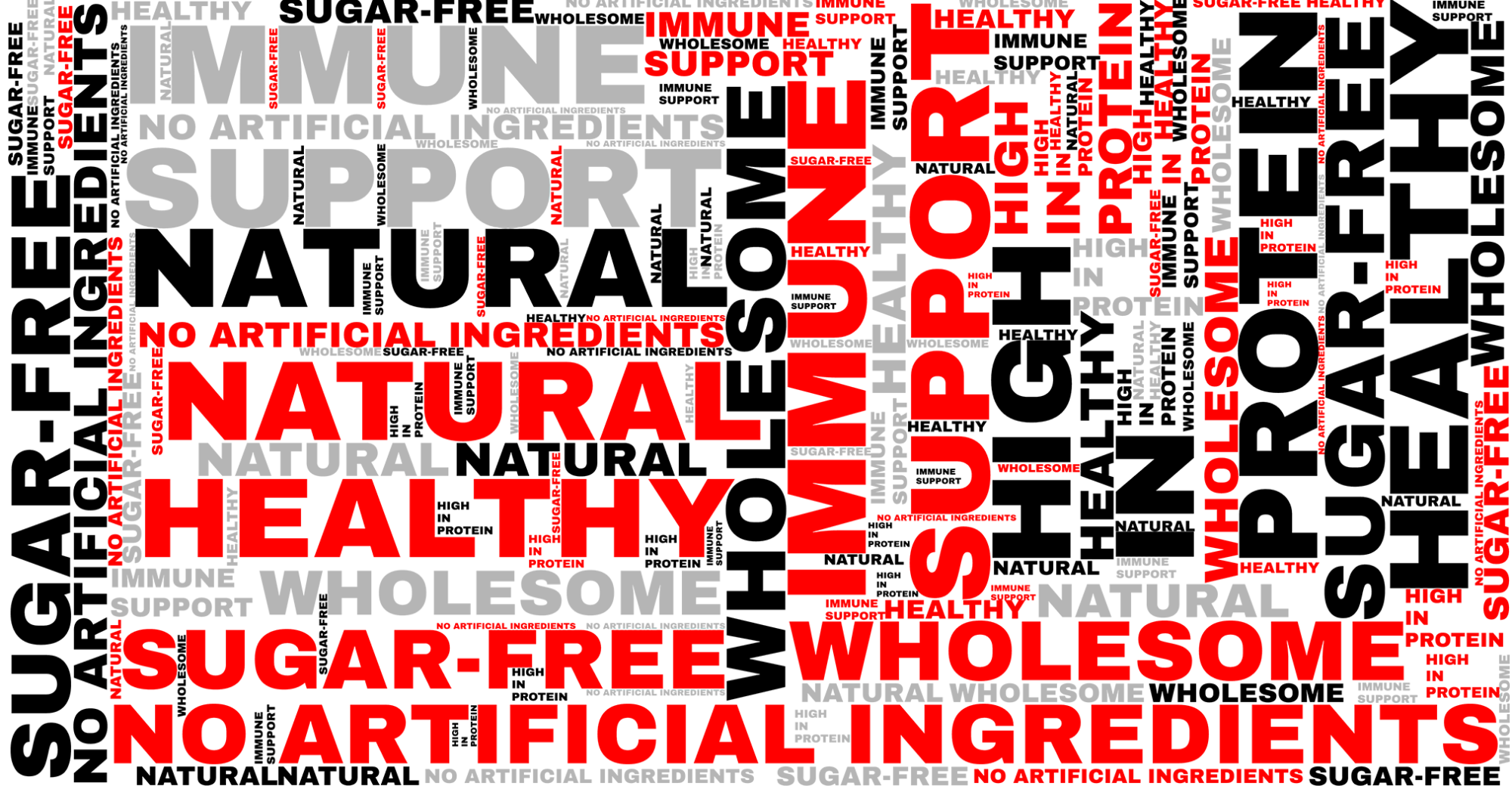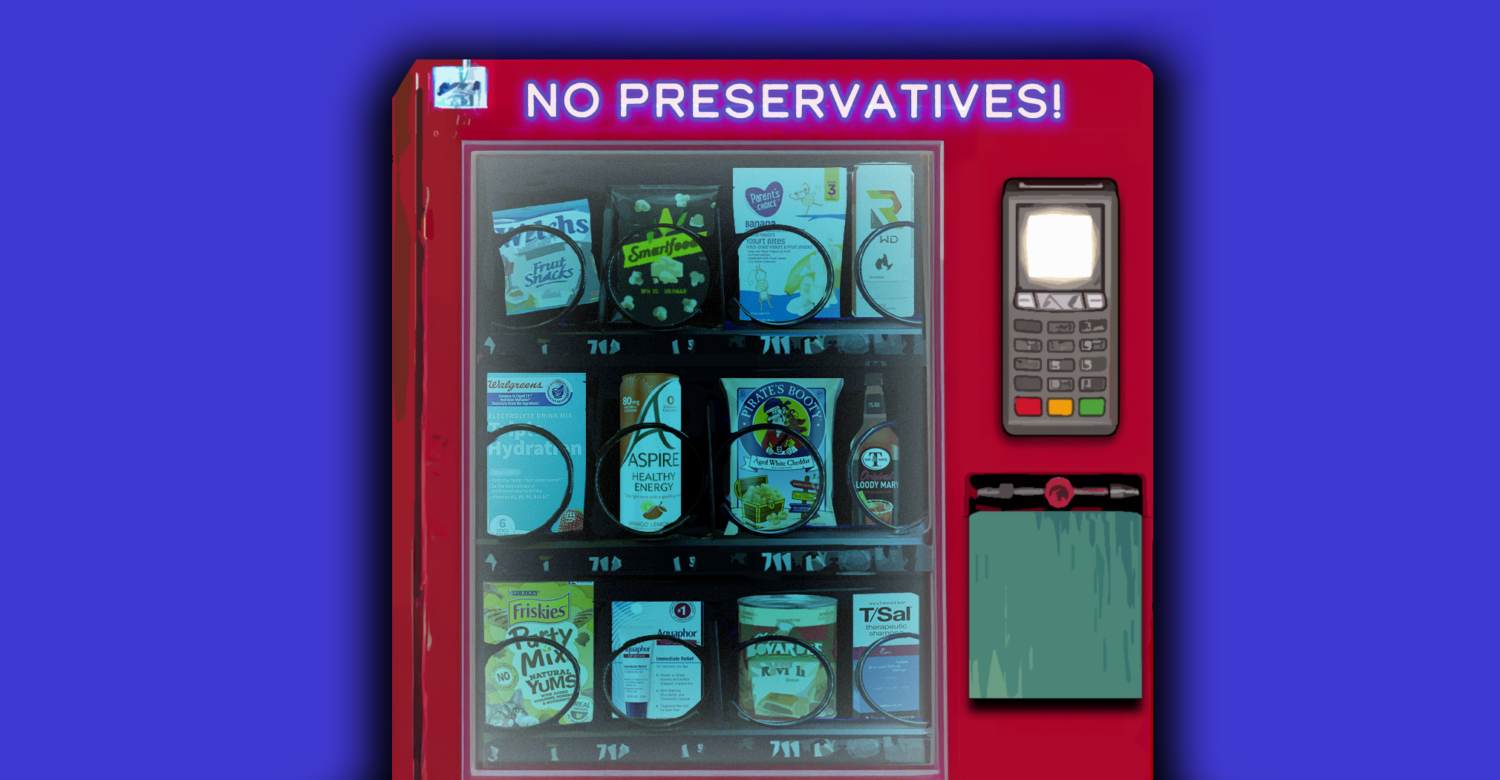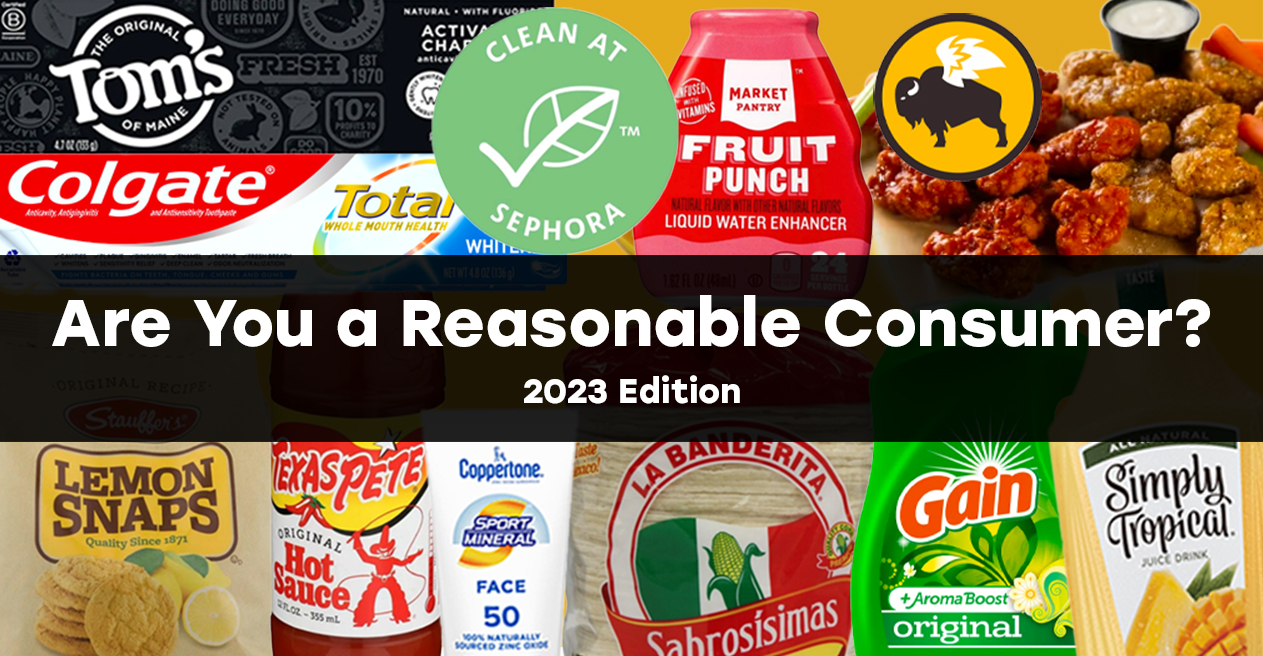
CATrends: Nutriwashing
Lawsuits allege foods and beverages aren’t as healthy as you might think.
Class-action lawsuits target preservative-free claims.
While they can serve an important purpose – keeping our food fresh and mold-free – preservatives, especially artificial ones, are seen as antithetical to the clean label movement.
Indeed, health-conscious consumers concerned about the ingredients in their food are increasingly seeking out foods advertised as containing “no preservatives,” a claim they closely associate with the term “natural” on food labeling.
Unfortunately, we are coming off a year when nearly two dozen lawsuits were filed against companies for marketing products as containing “no preservatives” or “preservative-free” when they allegedly contain preservatives, including those that can be harmful to human health.
The vast majority of the products at issue in the complaints are food and beverages, ranging from bagged popcorn and kids’ staples like canned pasta, fruit snacks and fruit punch, to a number of energy drinks. But lawsuits have also been filed over preservative-free claims for a shampoo, a lip balm and even a cat treat.
Some marketing examples appear below.
The most common preservative cited in the lawsuits is citric acid but not the natural kind you find in citrus fruits like lemons and limes that is generally safe to consume.
Rather, lawsuits such as one filed against Coca-Cola last August over the company’s claims that there are “no preservatives added” to its Minute Maid fruit punch allege that the products contain manufactured citric acid, which poses health risks.
The citric acid contained in the Products is commercially manufactured and the result of extensive chemical processing. In fact, more than 90 percent of commercially produced citric acid, including the citric acid contained in the Products, is manufactured through a processed derivative of black mold, Aspergillus niger, which can cause allergic reactions and diseases in humans. Negative side effects of consuming manufactured citric acid include: swelling and stiffness resulting in joint pain; muscle pain; stomach pain; and shortness of breath.
Other chemical preservatives named in the lawsuits include ascorbic acid and maltodextrin.
The Minute Maid lawsuit is one of at least 10 complaints alleging false preservative-free claims that remain pending. Nine of the lawsuits filed in 2024 have been voluntarily dismissed, the reasons for which were not disclosed.
Two lawsuits, one against Walgreens and one against Aspire Brands, reached settlements, though the terms of the settlements were not disclosed in either of the cases.
What can you do?
Some of the lawsuits note that the preservative at issue is included on the ingredients list on product packaging. So, if you are trying to avoid preservatives, that may be a good place to look.
Find more of our coverage on ingredient claims here.
Lawsuits allege foods and beverages aren’t as healthy as you might think.
A deceptive marketing trend takes root.
See how you stack up.


